Requirements to become a surgical candidate for Japan
We all have been there… you bring your dog to the vet for a routine checkup or for what you suspected was a minor issue, only to be sent to the cardiologist and given the dreaded diagnosis of Mitral Valve Disease (MVD), possibly even Congestive Heart Failure (CHF), which lead you to research the disease and ultimately brought you to this site… If you have decided to have your dog evaluated for surgery with Dr. Masami Uechi at the Jasmine Clinic in Japan, please read on.
The first thing to understand is that over the past few years, there has been a spike in demand for the Mitral Valve Repair surgery from overseas clients, mostly from the US. There is currently only one fluent English-speaking vet at the Jasmine Clinic (Dr. Sayaka Takeuchi). Dr. Takeuchi is responsible for coordinating surgeries for all foreign potential candidates. She corresponds with all foreign clients via email and by phone, compiles all the medical records, and evaluates each patient for surgery (new cases can take many hours to review). In her final steps, Dr. Takeuchi presents each case to Dr. Uechi for his final approval before recommending the surgical intervention.
Dr. Takeuchi then schedules surgeries for all foreign dogs, assigns each foreign dog to a primary recovery vet, and participates and translates in all foreign dogs’ surgeries and pre-op/post-op appointments. This is a tremendous amount of work for one person, particularly now with the dramatic increase in overseas interest. Therefore, email correspondence will take more time, as you can imagine. If your local cardiologist thinks your dog is likely going to be a candidate it is recommended starting the Japanese quarantine process while you wait for the final approval from the Jasmine clinic, (Your local vet office should know this process).
In order to expedite the evaluation process to get your dog closer to securing a surgery date, the following is a list of all testing needed:
Appointment #1 (with Cardiologist)
Echocardiogram
Chest X-ray (regular vet can perform)
Note: Each echocardiogram should always include an echo report, images, and still videos. Videos and still images are best delivered in AVI or DICOM format (via dropbox or google drive would be fine)
The following views are the most important to the Jasmine team when assessing for surgical appropriateness. While these views are standard to anyone trained in echocardiograms, occasionally some are missing from echo reports, delaying your candidacy review.
Right parasternal long-axis 4 chamber view
Right parasternal long-axis 4 chamber view - color Doppler
Right parasternal short-axis view papillary muscle level (M mode)
Right parasternal short-axis view mitral level
Apical 4 and 5 chamber view (with and without color Doppler)
Have you Cardiologist email the files to Jasmine with you CC’d. [email protected]
Appointment #1 or #2
To be performed early, once it has been determined that your dog is a surgical candidate
Full abdominal ultrasound: used to rule out potential surgical risks (This can be done by your local vets office and not a specialist, only the report is needed).
Blood type (DEA 1.1 antigen): Needed in order to prepare donor blood for surgical patients 1 to 2 months prior. The common blood typing test for dogs is DEA 1.1 antigen (+) or (-). Negative type blood donors are not common in Japan and would require advanced planning to coordinate donor blood bank supply.
Appointment #3
To be performed 2-3 months before surgery
Inulin clearance test or SDMA
Blood test: CBC Chemistry Electrolytes, CRP
Urine test: UPC, UAC, in-house urinalysis including USG
Appointment #4
To be performed 2-4 weeks prior to surgery
Coagulation profile: ACT, Fibrinogen, AP, APTT, Antithrombin III (ATIII is mandatory)
C-Reactive Protein test is done to measure any possible inflammation in the body prior to traveling (this is a mandatory test)
"Only if indicated" (At your veterinarian’s discretion, the following remaining test below can take place as needed at any or additional appointments, based on any possible abnormal findings)
Blood test: Canine SpecPL, T4, TSH, 4DX, ACTH stimulation test, Low dose dexamethasone test
Urine culture (sample obtained by cystocentesis)
Fecal (culture, occult blood, parasites)
Note: The above appointment schedules, have been categorized by the recommended timing of each test. Some tests can be combined for consolidation purposes and for convenience, at your Veterinarian's discretion.
Tips to Expedite Surgery
Include your dog’s name in the title of your first email message
Always reply to the same email thread rather than starting a new message. Whether you decide to send these test results yourself or have your veterinarian send them, it is important that you and your vet continue to reply to the same email thread (have your vet cc you in his/her email so you’ll have access and will be able to reply). This keeps all medical records together so Sayaka will have quicker access to your dog’s medical records when performing her evaluation, or when answering questions, you or your vet may have.
Some families have started the quarantine process for Japan before confirming their dog was a surgical candidate. Doing this allowed them to enter Japan much sooner rather than later, as time for some patients is very critical. This is a separate process which can be managed by a general vet, though the blood drawn for the rabies titer should be performed by a vet accredited by the USDA. After completion, the quarantine paperwork is valid for two years.
At this point please be patient. Once you’ve started the quarantine process, you will have at least six months to get all the testing completed and make your travel arrangements.

